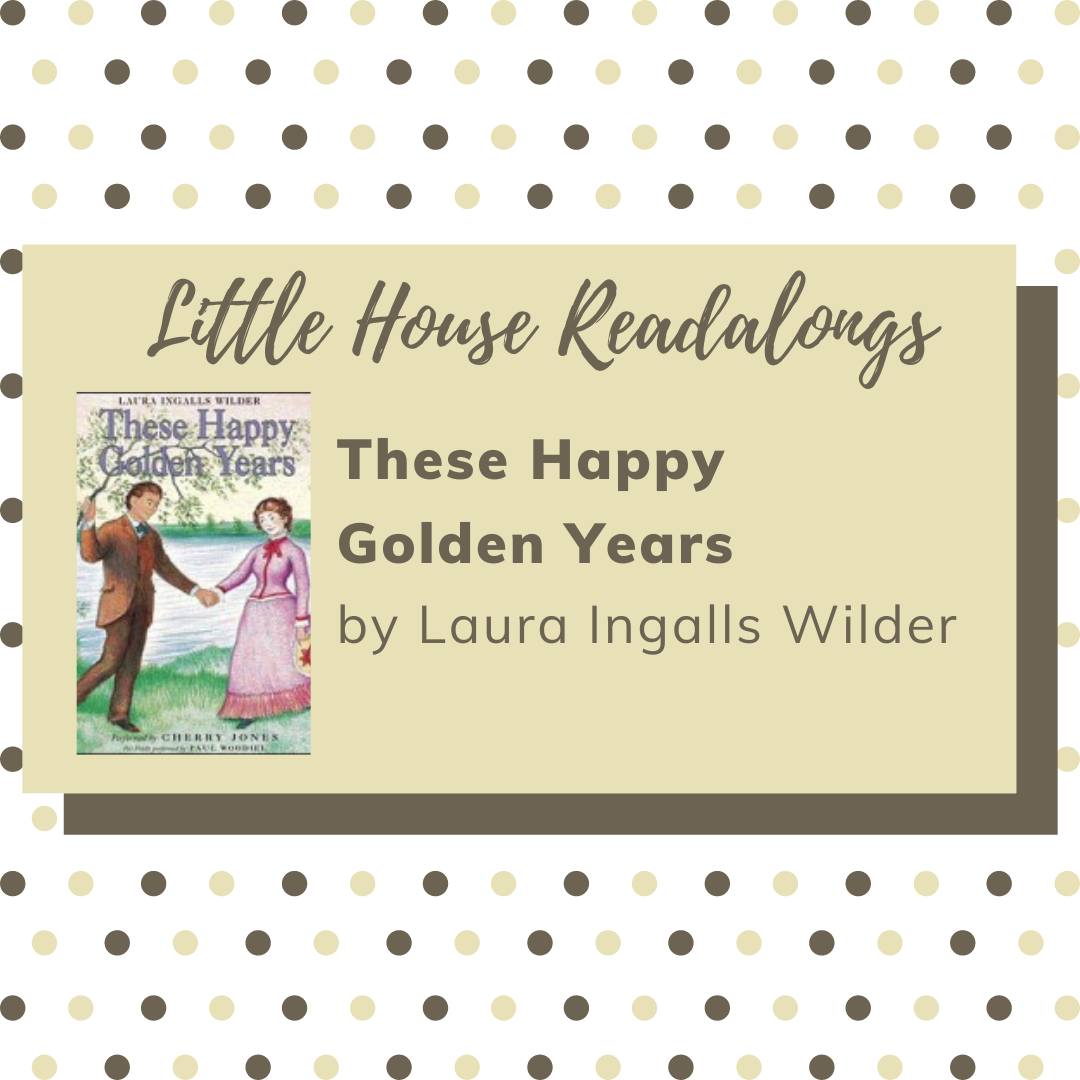
Guest post by Sue Poremba
Summer is a time to relax, to take a break, to soak up the sunshine and to be a little lazy. Summer is also a time of transition, when we break from one school year to the next, when we move from the hustle and bustle of the planting season to the hustle and bustle of the harvest.
The chapter titled Summer Days is summertime personified. It is the one season of the year where there doesn’t seem to be any sense of urgency for the Ingalls family. Pa has steady work. Mary is home. There is a lazy feel to this chapter, largely because, like summer, Summer Days is a transition.
The purpose of a transition chapter is to move ahead in time during a period without action or drama. The most important event that happens in Laura’s life in this chapter is an invitation to work as a seamstress with Miss Bell. But we have seen Laura as a seamstress before, so there is no need to go into great depth about what her days will be like.
Yet, if you look closely at Laura’s summer, it is the blossoming of her transition from girl to woman. The girl Laura would feel obligated to take on Miss Bell’s offer to help earn money for Mary’s schooling. The young woman Laura, though, still wants to earn the money for Mary but she now understands the value of a good job. The girl Laura would have begged Pa to go into town for the Fourth of July celebrations. The young woman Laura prefers to stay on the claim and enjoy a quiet day with her family.
There are two other significant moments in this chapter that show Laura’s transition to womanhood. One is her reaction to seeing Almanzo in town, dressed as a homesteader and driving oxen. Laura and Mary Power barely recognize him, but Laura tries to explain to herself why Almanzo seemed so unfamiliar to her.
The second is her walk with Mary, where Mary confesses she’d like to write a book someday, but teases Laura that since Laura was the one who went on to be a teacher, Mary’s dream profession, Laura will probably end up writing the book. Laura denies it, saying she’ll be an old maid teacher like Miss Wilder. This gives Mary an opening to ask about that Wilder Boy Ma wrote about in letters. Laura says he is busy on the claim but then the prose goes on to say that she found herself too shy to talk about him.
Up until this point, Laura’s connection with Almanzo was through a physical activity – riding behind Prince and Lady in sleighs and cutters and buggies. This is the first we see Laura thinking of Almanzo beyond the horses. She’s not sure of her feelings. While she may be too shy to speak his name, you just know her heart was doing flip flops thinking about him. On the Fourth of July, she wondered if Almanzo was in town, and you could feel the yearning in her heart. But then the stubborn Laura came back – if wanted to see her, he knew where to find her.
The chapter ends with Pa’s own yearnings to head west again, but finally Ma puts her foot down. “I was so tired of being dragged pillar to post, and I thought we were settled here.” What made Ma finally say no to Pa’s wanderings? Is it because the girls are in school or is it because Ma recognizes that there are greater changes on the way?
Laura herself feels Pa’s restlessness, but whereas the girl Laura would have begging for the adventure, the young woman Laura knows they cannot move because she has a larger role to play in the family now as an income-earning school teacher.

Comments3
I’ve always wondered about Laura the author’s thinking regarding the whole “I, write a book?” dialogue. Obviously we know she has written not just one but many books. Did that ever strike anyone else the same way?
V. good point about this being a transition chapter, too, both in the story and in life. I’ve been doing a lot of fiction writing, lately — looking at the Little House books as vehicles of fiction construction is pretty interesting!
And I hadn’t thought about it before, but yep, this is really where she’s seen as having “grown up.” Both sad and exciting, isn’t it?
I liked having the chance to think about what an individual chapter means to the book as a whole.
I, too, have wondered about that scene about writing a book. As a kid, I used to think it was a cute joke because we readers knew what Laura would grow up to do. Now, my feeling is that it is a subtle way of showing how much influence Mary had on Laura’s life, both directly and indirectly. It also gives us a glimpse of Mary, too. We don’t think of Mary as having dreams, but surely she did.
I believe that Mary did write some poetry, which was published in church papers and the like.
Comments are closed.